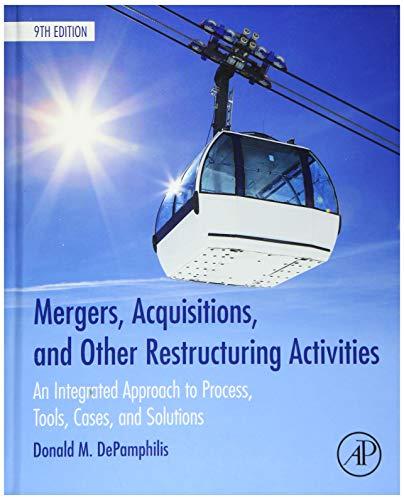Answered step by step
Verified Expert Solution
Question
1 Approved Answer
Ned is trying to decide whether he should invest in corporate bonds or tax-free municipal bonds. The two kinds of bonds have similar ratings and
- Ned is trying to decide whether he should invest in corporate bonds or tax-free municipal bonds. The two kinds of bonds have similar ratings and term to maturity. The corporate bond yields 5.1% while the muni has a yield of 3.32%. What is the taxable equivalent yield for the muni if he is in the 24% tax bracket and which bond should he choose? (Hint: Taxable equivalent yield = Tax-exempt yield of the muni / (1 tax bracket, expressed as a decimal) and because the two bonds are similarly rated and with similar term to maturity, you should choose to invest in the one with higher yield after taxes.) (5 pts)
- 37% and he should invest in the corporate bond
- 46% and he should invest in the corporate bond
- 52% and he should invest in the municipal bond
- 65% and he should invest in the municipal bond
- Mary purchased a corporate bond with face value of $1,000 and an annual interest rate of 5.4% What is the annual interest payment of this bond? (Hint: The annual interest paid by a bond = its face value x annual interest rate.) (5 pts)
- $27
- $54
- $270
- $540
- What is the current price of the bond Mary purchased if it is quoted at a price of 106? (Hint: A bond price quote of y means the bond is trading at a price equal to y% of its face value so a price quote of 95 for a bond with face value of $1,000 means its price is 95% of $1,000 or $950.) (5 pts)
- $1.06
- $10.6
- $106
- $1,060
- What is the current yield for the bond Mary purchased if it is quoted at a price of 106? (Hint: Current yield = annual interest payment / current bond price and tells you how much interest is earned for every $100 invested in the bond. So a 3.5% current yield for a bond implies that every $100 invested in such a bond will earn an annual interest of 3.5% of $100 or $3.50) (5 pts)
- 97%
- 02%
- 09%
- 14%
- Marys bond is also convertible which means it can be converted into 30 shares of the firms common stock. What is the minimum stock price that would make such a conversion worthwhile at the bond price quoted in Problem 3? (Hint: If the value of the shares to be gained from the conversion exceeds the current price of the bond, investors would find it more profitable to convert than to continue receiving interest payments on the bond.)
- $33.33
- $34.33
- $35.33
- $36.33
Step by Step Solution
There are 3 Steps involved in it
Step: 1

Get Instant Access to Expert-Tailored Solutions
See step-by-step solutions with expert insights and AI powered tools for academic success
Step: 2

Step: 3

Ace Your Homework with AI
Get the answers you need in no time with our AI-driven, step-by-step assistance
Get Started


